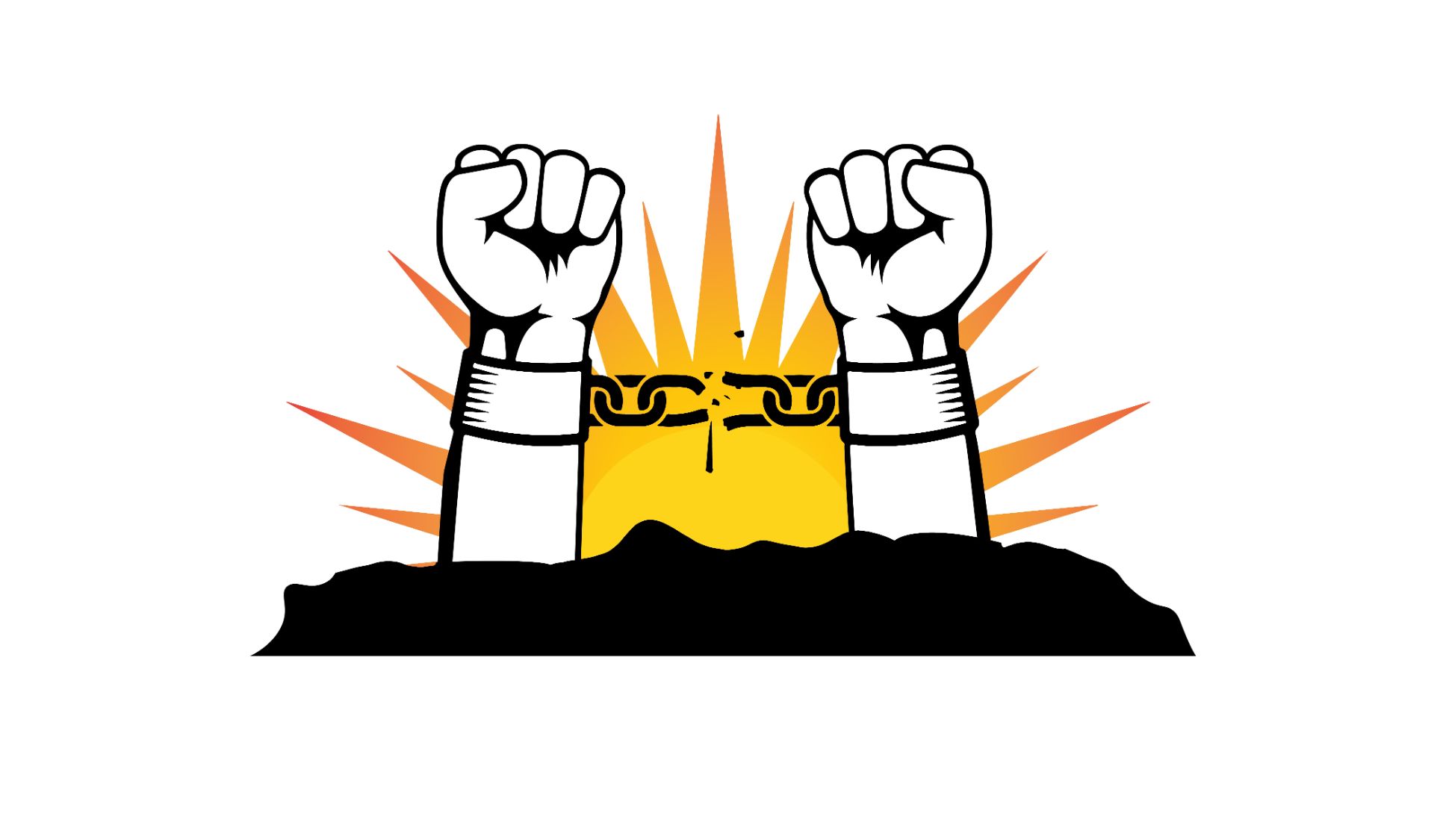We all treasure the idea of freedom and the highest desirable value in the world today is, perhaps, freedom. In our country, the word azaadi or ‘freedom’ has taken us by storm ever since the former JNSU president Kanhaiya Kumar delivered his speech at JNU campus in 2016 just after his release from jail. Although the word azaadi was used extensively by Indian freedom fighters against the British before 1947, there is a fresh idea of freedom emerging now. We could say that this idea has been revived, or rather redefined and broadened. The catchline of Kanhaiya Kumar’s roaring speech on JNU campus was that “we want freedom (azaadi) in India, not freedom (azaadi) from India.” Freedom from the British has been achieved years ago but the cry for the present freedom is to ensure freedom of thought and expression, uplift of the poor, fostering of unity and harmony among people. Well, that’s a very fascinating and notable explanation of how freedom should take its form in today’s context.
The scripture is filled with paradoxes such as: What seems wise before eyes of the world is foolishness in His eyes; living by dying to ourselves; we are strong when we are weak and many others. One of such paradoxical ideas is freedom-slavery. The general modern idea of freedom teaches that a person can do whatever he wants and that there should be no external restrictions or constraints at all. On the contrary, Bible teaches us that such idea of freedom is actually not freedom, rather such idea of freedom enslaves a person, but true freedom lies in being a slave to Christ.
Freedom in the scripture could be understood by applying three prepositions: ‘from’, ‘in’ and ‘for’
Slavery was a belittling practice for ages, and this analogy must have shocked the first audience of the scripture as it shocks us for the very reason that slaves were treated as objects, not as persons. They had no freedom whatsoever and they were subjected to harsh behaviour by their masters. And I suppose that many of us would expect the question—how can God use such adverse imagery for the redeemed believers in Christ? Does that not defeat the very purpose of the freedom in Christ? Well, the answer to that question is that scripture does not employ this metaphor by accident or mistake but with a deliberate purpose. The fact of the matter is that none of us are free in a true sense, we all are slaves to something or the other. Jesus said, “Very truly I tell you, everyone who sins is a slave to sin” (John 8:34). We are slaves to what directs our decisions, affections, motivations, and actions. The sad reality is that our heart is a “factory of idols” and we are always working our way to finding a new master. We are susceptible to turning even a good thing to an ultimate thing keeping it in the place of God in our lives, as Timothy Keller writes in Counterfeit Gods. That is the nature of all human heart; we always have a master to serve whether visible—spouse, family, or success—or invisible such as pleasure, power and control or serve the true incarnated invisible master Jesus Christ.
Freedom in the scripture could be understood by applying three prepositions: “from”, “in” and “for”. Firstly, we are freed from the slavery of sin and death. Romans 3:23 says, “For all have sinned and have fallen short of the glory of God” and therefore, all deserve the punishment of death (Romans 6:23). But when we sincerely repent of our sins and trust in the Lord Jesus, there is now no condemnation, no fear, no guilt, and no shame for children of God (Romans 8:1). No matter how loudly our sins may scream at our ears and no matter how vilest they may be, we are no longer in bondage to them because the Lord sets us free from them and accepts us as His children. Our past can no longer haunt us nor cripple us because God has forgiven all our sins on account of Christ’s sacrifice on the cross and has sealed us in the Holy Spirit for eternity.
Freedom in the scripture could be understood by applying three prepositions: ‘from’, ‘in’ and ‘for’
Secondly, true freedom is experienced only in Christ, in other words, we are free when Christ becomes our master, and we are His slaves. Unlike the worldly “master-slave” relationship where a slave was treated harshly and his rights were violated, Jesus, the Master, has offered His very life to redeem us. Interestingly, our bondage to Christ does not take away our privileges and joy, rather it gives us the right to become His sons and daughters (John 1:12). We become co-heirs with Christ (Romans 8:17) and partakers of His glorious inheritance which He has promised for His children (Colossians 1:12), which was never ours in the first place. Being a slave to our true master fulfils our true purpose and brings in our true identity. When we are in Christ, we declare that we belong to Him, and that we are His possession.
Thirdly, we are freed from sin in Christ for a purpose. Freedom in Christ is absolutely free (Ephesians 2:8–9), but it comes to us with a heavy price of Jesus shedding His precious blood on the cross. God sets us free from all bondages in order that we enjoy a living relationship with Him that is devoid of any fear and guilt. God calls the redeemed ones to live a true free life, and therefore, we are not to live in fear or shame. Furthermore, Ephesians 2:10 says, “We are God’s handiwork created in Christ Jesus for good works, which God prepared in advance for us to do.” This is the immediate thought after Paul’s teaching that salvation is by grace through faith in previous verses. The purpose of our freedom in Christ is to do His good works on earth radiating His character and values, and it’s not a license to sin; our freedom is to serve and further His purpose, and it’s not to indulge in self-absorption.
We who embrace the gospel need to keep in mind that we celebrate a paradoxical identity in Christ i.e., a free slave. Our slavery to Christ does not enslave us but frees us and enables us to serve our true master, and the gospel is at the very heart of this identity for it reminds us of our depravity and inheritance, our sin and redemption, our condemnation and justification. And this realization of our identity would help us to live out a gospel-centered life.





